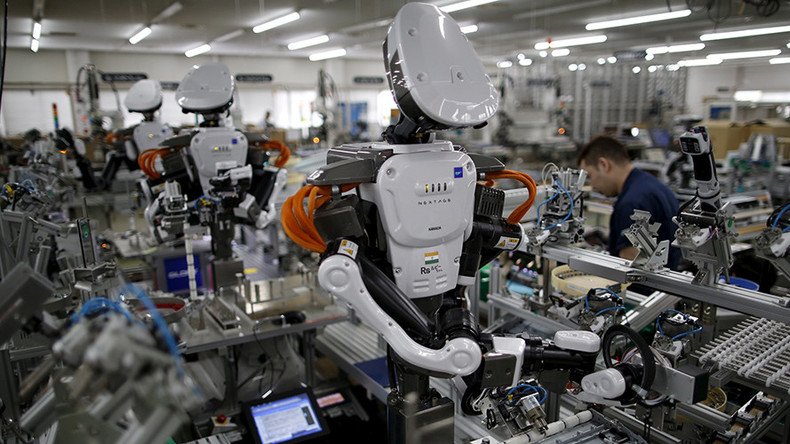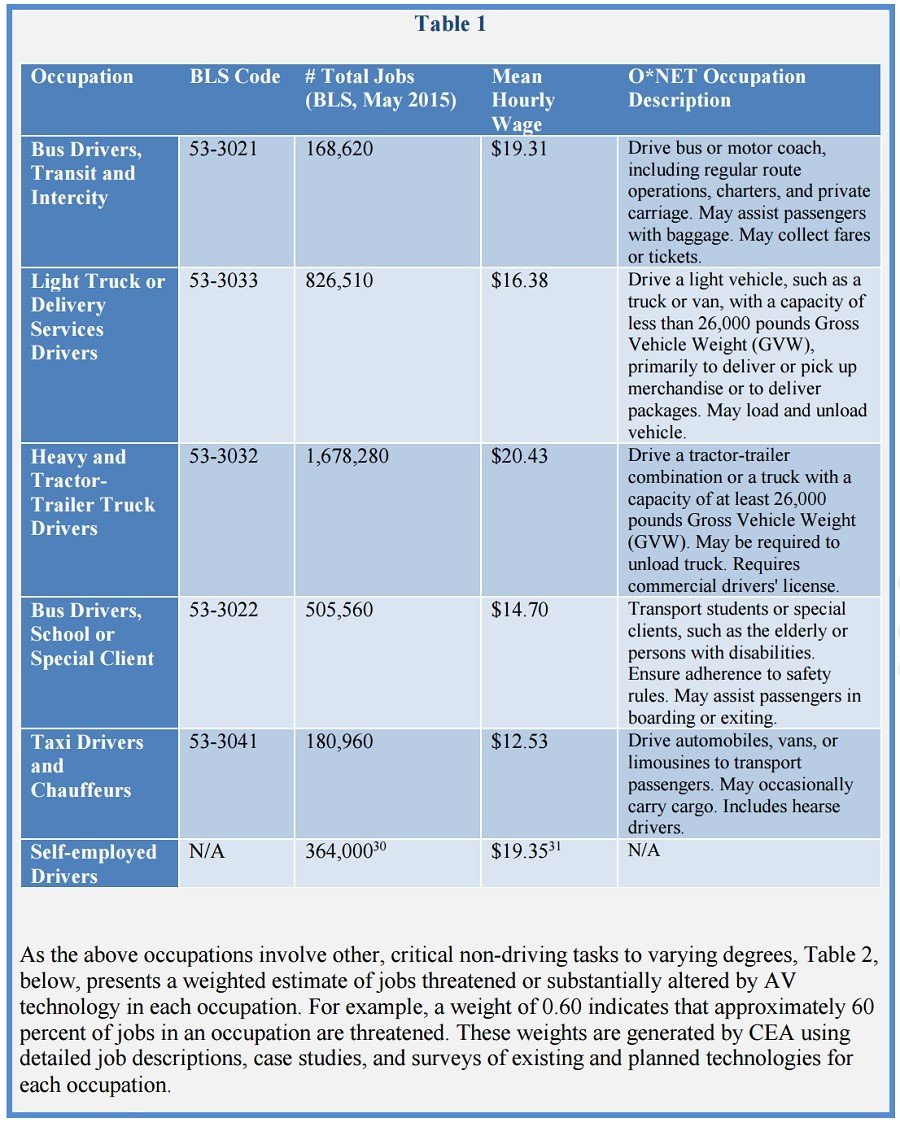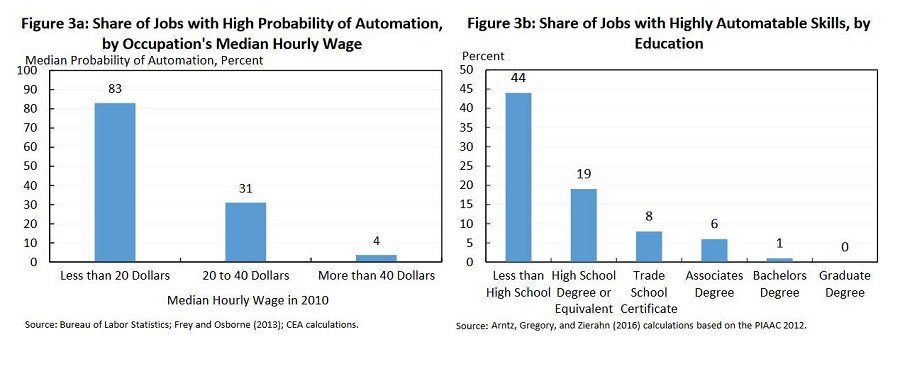Robots could replace almost half of US jobs by 2036

Automation through robots and other artificial intelligence could affect nearly half of all US jobs, a report from the Obama administration has found. Education and job-training programs could prevent the sea change from destroying the American economy.
Scientists and economic advisers within the executive branch studied the potential effects of artificial intelligence on the US workforce and economy over the next 20 years, as well as ways to prevent the technological advances from automation from potentially destroying job opportunities for Americans ‒ which they said it could, for up to 47 percent of jobs. Rather, the authors sought to guide the government’s automation policy to create better economic opportunities for the country as a whole.
“These transformations will open up new opportunities for individuals, the economy, and society, but they have the potential to disrupt the current livelihoods of millions of Americans,” the 55-page report said. “Whether AI leads to unemployment and increases in inequality over the long-run depends not only on the technology itself but also on the institutions and policies that are in place.”
The authors compared use of AI to how the Industrial Revolution introduced mass production to the economy, which negatively affected the livelihoods of skilled craftsman, as well as to the rise of computers in the workplace, which benefited white-collar workers.
“Output per hour rose [in the 19th Century] while inequality declined, driving up average living standards, but the labor of some high-skill workers was no longer as valuable in the market,” they wrote. “The advent of computers and the Internet raised the relative productivity of higher-skilled workers.”
“Shifting demand towards more skilled labor raised the relative pay of this group, contributing to rising inequality,” they continued. “At the same time, a slowdown in the rate of improvement in education, and institutional changes such as the reduction in unionization and decline in the minimum wage, also contributed to inequality—underscoring that technological changes do not uniquely determine outcomes.”
Although the report cautioned that it’s difficult to predict exactly how robots and other AI might change the economy in the future because it’s “not a single technology, but rather a collection of technologies that are applied to specific tasks,” the authors noted that the trend has been similar to what happened with computerization that occurred at the end of the 20th and start of the 21st centuries. AI could affect as little as 9 percent of jobs over the next decade or two ‒ or it could threaten nearly half of all jobs.
A September report released by Forrester Research found that 6 percent of jobs could be taken by “early-stage intelligent agents,” as soon as 2021. In November, a brief from the United Nations Conference on Trade and Development (UNCTAD) claimed that up to two-thirds of all jobs in the developing world could be replaced by automation. More than 1.3 million Brits could lost their jobs to computers by 2030, according to research by Oxford University and consultancy firm Deloitte.
Although “AI-driven automation has yet to have a quantitatively major impact on productivity growth,” the administration’s report said, industries such as transportation and fast food are already seeing the results of automation, thanks to self-driving cars and the use of kiosks and other automated ordering systems.

The authors offered three policy strategies to guide the technological changes in the economy to be “compatible with productivity, high levels of employment, and more broadly shared prosperity.” They then noted: “Most of these strategies would be important regardless of AI-driven automation, but all take on even greater importance to the degree that AI is making major changes to the economy.”
The US must invest in and develop AI in a way that responsibly maximizes its development, especially in the areas of cyber defense and the detection of fraudulent transactions and messages, the report said. In order to fill all the positions to “support and advance the field,” the government should prioritize diversity and inclusion in the science, technology, engineering and mathematics (STEM) fields. Another important way to affect how AI develops is to foster competition from new and existing firms with “sound pro-competition policies.”
It will be important not just to educate and prepare young Americans for careers in AI, but to help current workers with transitioning into the field, including by expanding the availability of job-driven training and improved guidance on how to navigate job and field transitions. The authors recommended “providing all children with access to high-quality early education so that all families can prepare their students for continued education.”

To train the current workforce in AI, the authors called on policymakers to ensure rising wages by modernizing the social safety net and expanding healthcare access, and by introducing new programs such as wage insurance and emergency aid for families in crisis. Other ideas they proffered included strengthening worker bargaining power, modernizing tax policy, and pursuing strategies that prevent AI jobs from clustering in certain areas of the country, the way the automobile industry did in Michigan.
The report was produced by a team assembled by the Obama administration, including staff from the Council of Economic Advisers, Domestic Policy Council, National Economic Council, Office of Management and Budget, and Office of Science and Technology Policy.













